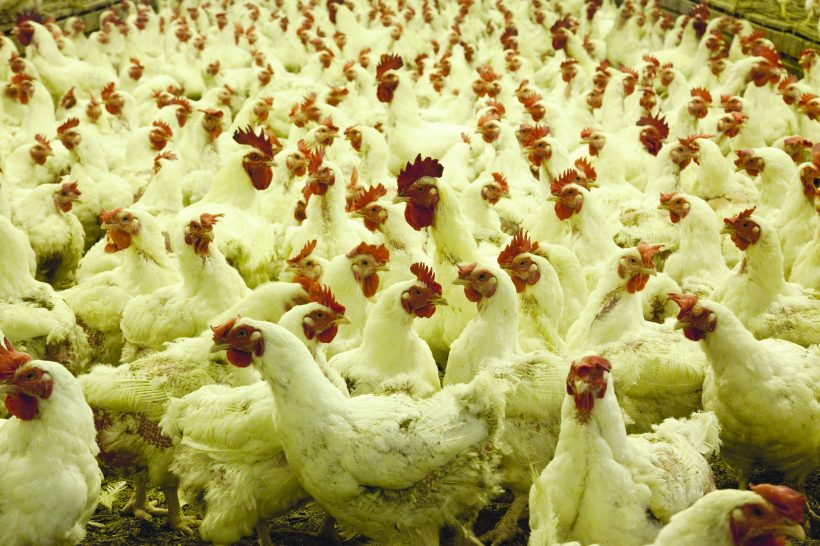The United States Department of Agriculture’s (USDA) Animal and Plant Health Inspection Service (APHIS) has confirmed multiple cases of highly pathogenic avian influenza (HPAI) in birds in multiple states, including Delaware, New York, Maine, Michigan, Virginia, Iowa and Kentucky.
Avian influenza cases in Delaware and Kentucky were found in commercial poultry flocks, while cases in other states were found in non-commercial backyard flocks, according to the USDA. Officials have quarantined the affected premises and birds on the properties will be depopulated to prevent the spread of the disease, according to the USDA. Birds from affected flocks will not enter the food system.
No HPAI cases have been detected in Pennsylvania since the 1983-84 outbreak, according to the Pennsylvania Department of Agriculture, although it has been identified in migrating wild birds and domestic poultry in 2022, including in the Atlantic Flyway, which includes Pennsylvania.
According to the U.S. Centers for Disease Control and Prevention, recent HPAI detections do not present an immediate public health concern, as no human cases of these avian influenza viruses has been detected in the United States. Proper handling and cooking of poultry and eggs to an internal temperature of 165 degrees Fahrenheit kills bacteria and viruses.
As part of avian influenza response plans, federal and state partners are working on additional testing in areas around affected flocks. The USDA also urges anyone involved with poultry production from the small backyard to the large commercial producer to review their biosecurity activities to assure the health of their birds.
In addition to practicing good biosecurity, the USDA encourages bird owners to prevent contact between their birds and wild birds and asks the bird owners report sick birds or unusual bird deaths to state and federal officials, either through their state veterinarian or through APHIS’ toll-free number, 1-866-536-7593. APHIS strongly suggests that owners bring birds indoors, when possible, to further prevent exposures.
APHIS has materials about biosecurity, including videos, checklists, and a toolkit available here.
For more information on confirmed cases and background information on Avian Influenza, click here.

